
In the landscape of American politics, few individuals have made as significant an impact as **Ross Perot**. His unconventional style of campaigning and his audacious policy proposals created a considerable stir during the 1992 presidential election. Perot, a billionaire businessman, brought a fresh perspective to the political arena, appealing to voters who were disillusioned with the traditional two-party system. His focus on issues such as the national debt, healthcare reform, and trade agreements resonated with many Americans who felt their concerns were being overlooked. But what truly distinguished his campaign was his ability to connect with the electorate through direct communication, utilizing infomercials and town hall meetings to engage with voters on a personal level. This innovative approach, combined with his straightforward manner and commitment to addressing pressing national issues, made Ross Perot a memorable figure in American political history. Let’s explore the intriguing details of Perot’s political journey and the lasting influence he had on the electoral landscape.
Who Was Ross Perot?
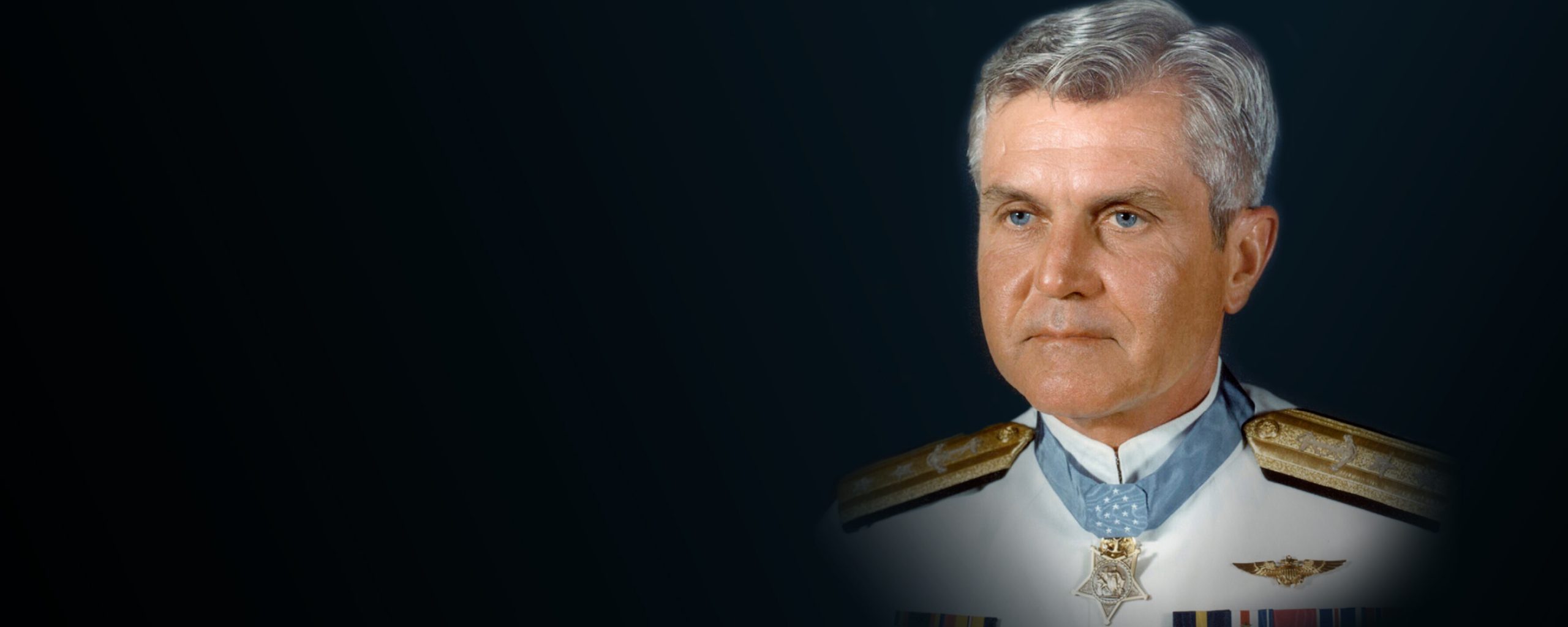
Before delving into the intricate details of his political campaign, it is essential to take a step back and gain a deeper understanding of who Ross Perot truly was. Born on June 27, 1930, in the small town of Texarkana, Texas, Perot emerged as a prominent businessman and a self-made millionaire. His remarkable entrepreneurial spirit, coupled with a unique ability to tackle complex problems, laid a solid foundation for his future aspirations in the political arena.
Perot’s entry into the world of politics was far from conventional. He positioned himself as a political outsider, a role that resonated with many Americans who felt disillusioned with the existing political establishment. Perot was deeply frustrated by what he perceived as a broken American political system, and this dissatisfaction fueled his desire to run for the presidency. He was determined to challenge the status quo and was unafraid to introduce bold ideas and unconventional strategies to the political landscape. His willingness to disrupt traditional norms and advocate for change made him a significant figure in American politics during his time.
The 1992 Presidential Election
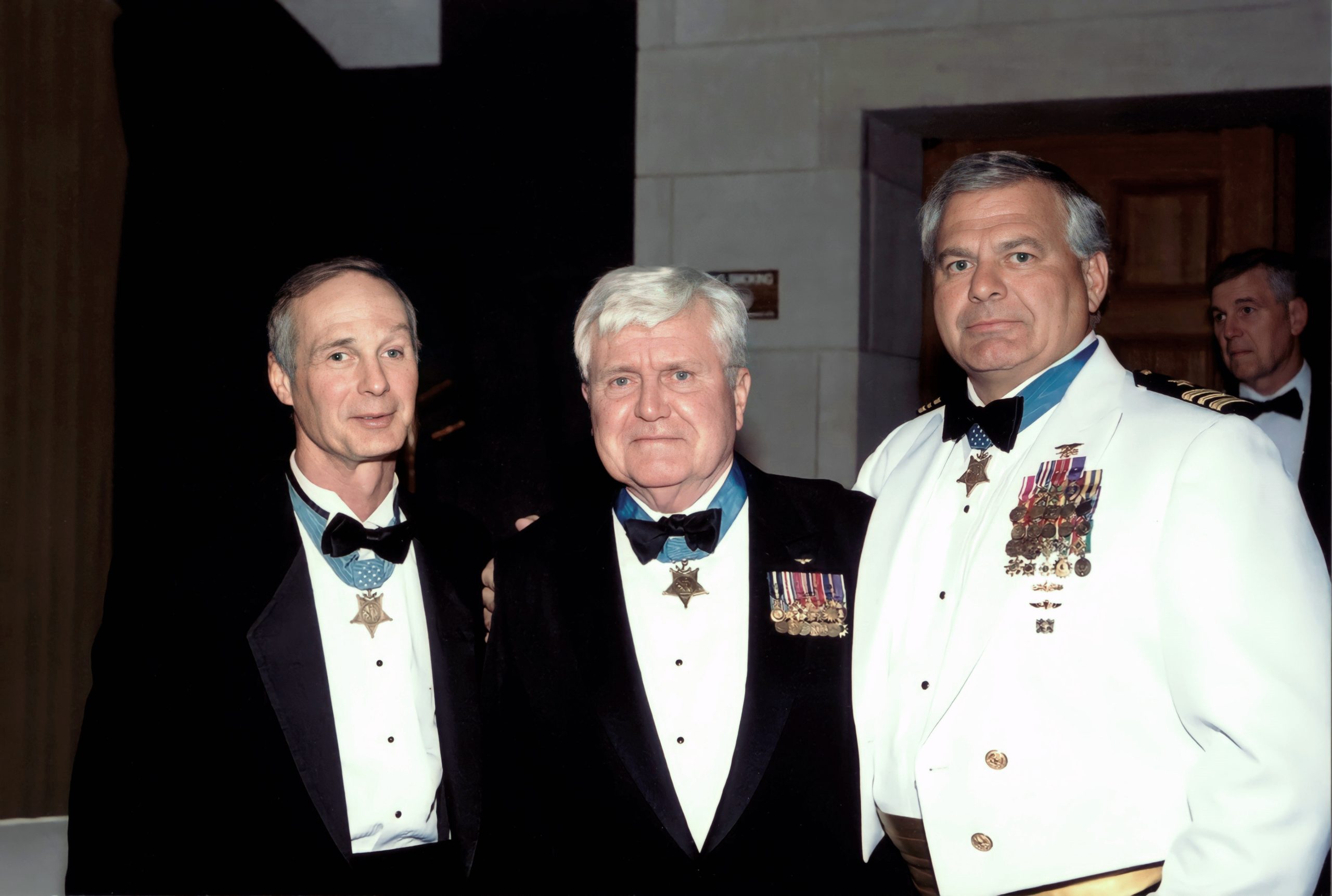
In 1992, Ross Perot made a significant entrance into the political arena by launching his first presidential campaign, and he certainly made a memorable impact! Unlike many candidates who simply sought to participate in the electoral process, Perot had a vision to fundamentally transform the way politics were conducted in the United States.
One of the standout features of Perot’s campaign was his innovative use of infomercial-style advertisements. Rather than relying on the conventional approach of campaign rallies, he opted for 30-minute televised segments that allowed him to communicate directly with the American public. This groundbreaking strategy was unprecedented at the time and enabled him to circumvent the traditional media filters that often distort political messages.
So, what motivated Perot to adopt this unique method? His primary goal was to take control of the narrative surrounding his campaign. By addressing voters directly, he could articulate his ideas and policies without the risk of misinterpretation or sensationalism by journalists. It was akin to having an intimate, one-on-one conversation with millions of viewers simultaneously, ensuring that his message reached the audience exactly as he intended. This approach not only set him apart from his competitors but also resonated with a public eager for authenticity and transparency in political discourse.
Key Policies and Positions
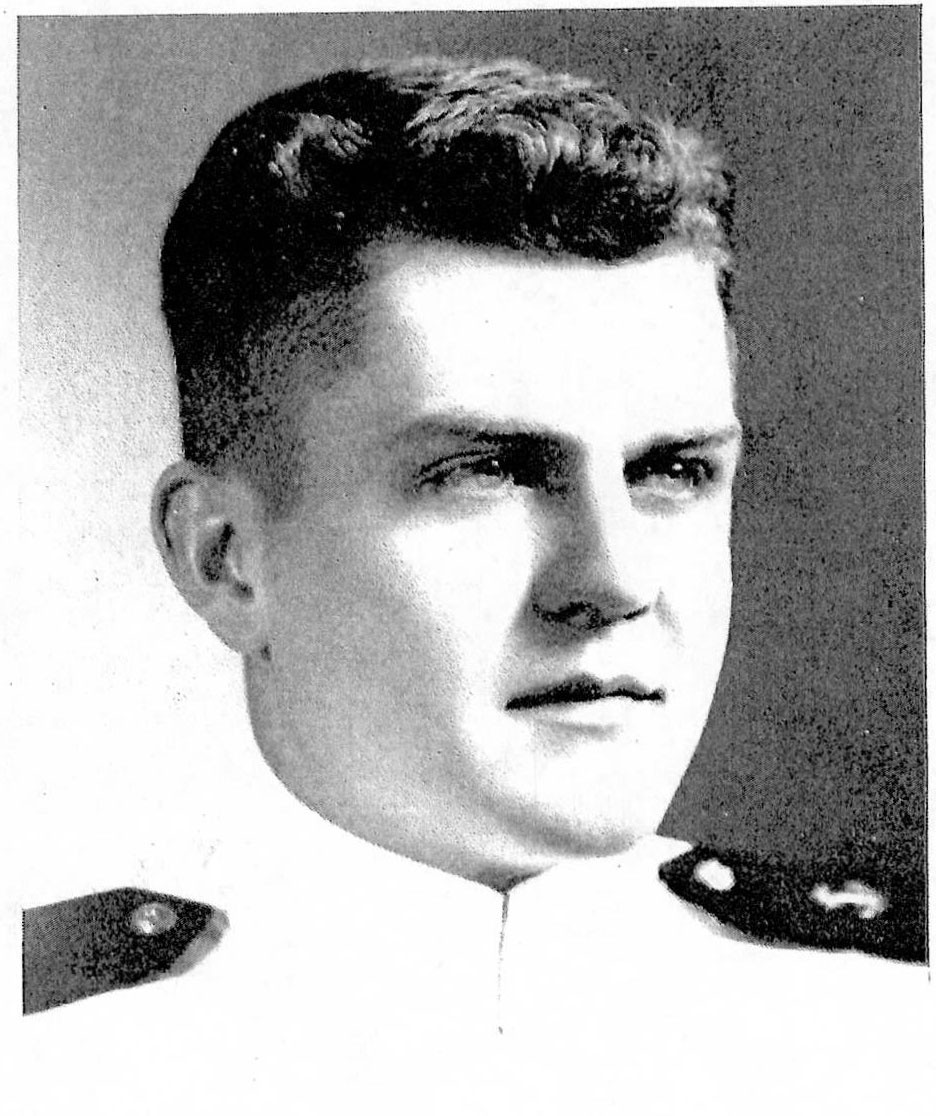
Ross Perot’s campaign was not merely characterized by eye-catching advertisements; it was underpinned by a set of substantial policies that truly resonated with a wide array of voters across the nation. To better understand his appeal, let’s delve into some of his most pivotal positions that defined his candidacy.
### Opposition to NAFTA
One of Perot’s most prominent and impactful stances was his vehement opposition to the North American Free Trade Agreement (NAFTA). He passionately argued that this trade agreement would result in significant job losses within the United States and ultimately harm the overall economy. His warnings about the potential negative consequences of NAFTA struck a deep chord with many Americans who were increasingly anxious about job security and the future of their livelihoods. This message of protecting American jobs resonated strongly, particularly in regions that had already experienced the adverse effects of globalization.
### Fiscal Responsibility
In addition to his stance on trade, Perot was a staunch advocate for fiscal responsibility. He consistently emphasized the necessity for the government to balance its budget and take decisive action to reduce the national debt. His straightforward and no-nonsense approach to complex economic issues appealed to voters who were fatigued by the typical political jargon that often obscured the truth. Perot’s clear and direct communication style made him relatable to those who were frustrated with the status quo and eager for a leader who would prioritize sound financial management. Through these key positions, Perot was able to connect with voters on a deeper level, addressing their concerns and aspirations in a way that many found refreshing and compelling.
The Role of James Stockdale
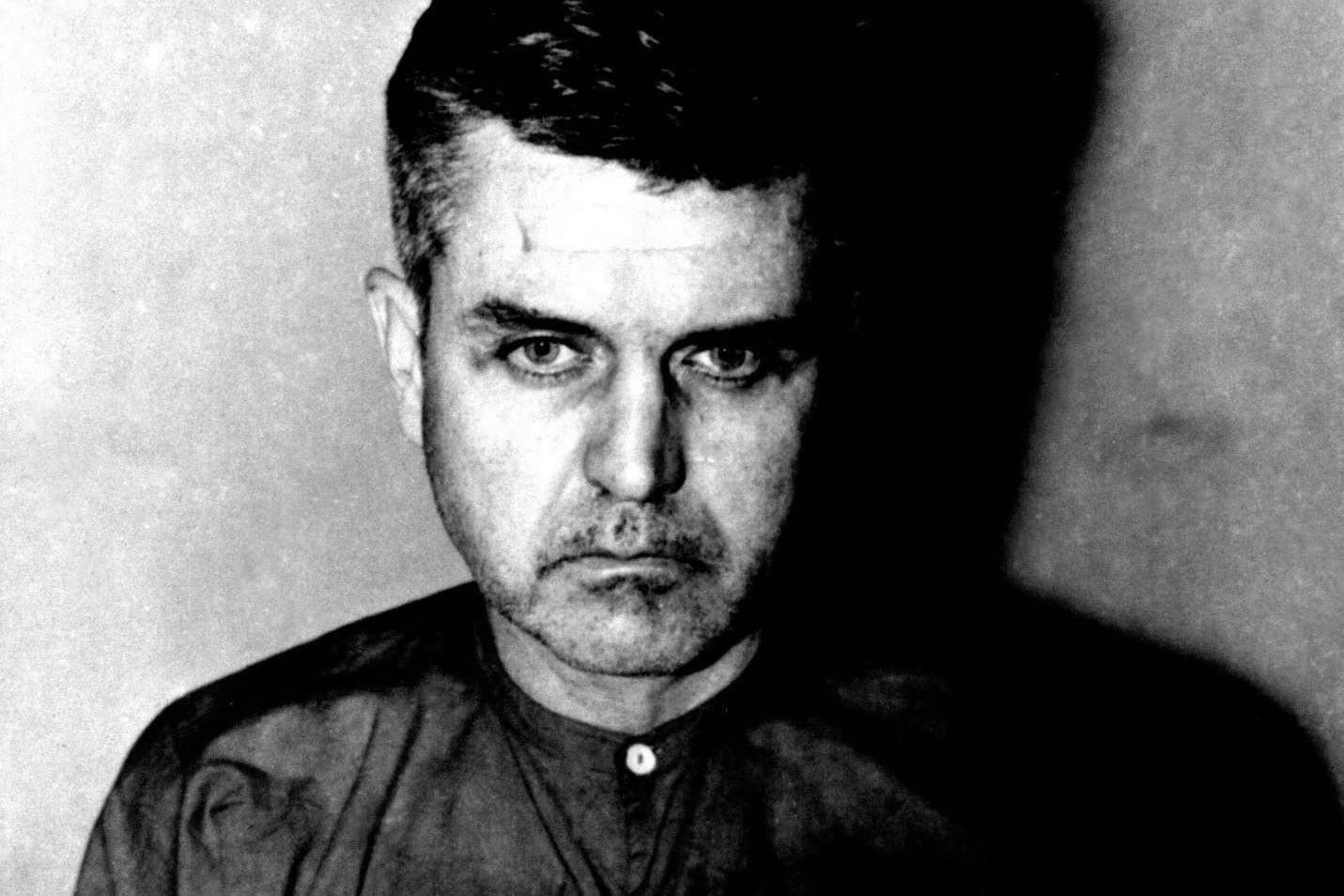
To add a unique twist to his campaign, Perot selected James Stockdale, a former admiral, as his vice presidential running mate. Stockdale’s military background and experience brought a sense of credibility to Perot’s campaign.
Stockdale’s Impact
Stockdale’s presence was significant, but it was his performance during the vice presidential debate that became legendary. His candid and sometimes awkward responses left a lasting impression on voters. It was a moment that showcased the unpredictability of Perot’s campaign.
The Ups and Downs of the Campaign Trail
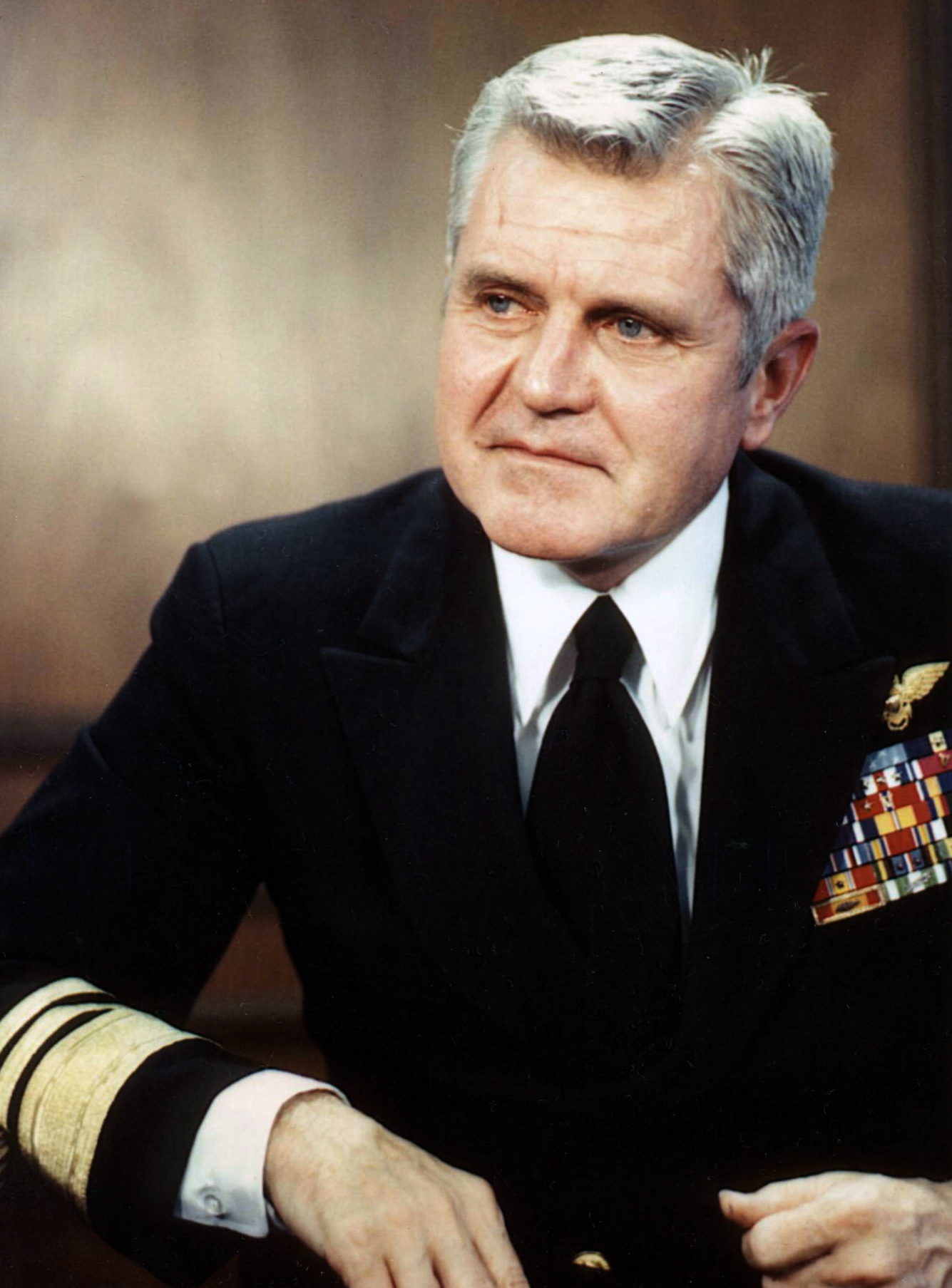
Like any political journey, Perot’s campaign had its fair share of ups and downs. Let’s take a closer look.
Initial Success
Initially, Perot’s campaign gained significant traction. His unique approach and compelling message resonated with many disillusioned voters. At one point, he was polling as high as 39%!
Challenges and Setbacks
However, as the campaign progressed, Perot faced challenges. His decision to drop out of the race temporarily in July 1992 raised eyebrows and led to a decline in support. Many wondered if he was serious about his candidacy.
Why Did He Drop Out?
Perot claimed he dropped out due to concerns about the integrity of the election process. He believed that the two major parties were colluding against him. This move puzzled many, but it also added to his mystique as a political outsider.
Re-entering the Race

After a brief hiatus, Perot re-entered the race in October 1992. His return was met with mixed reactions, but he quickly regained some momentum.
Final Push
In the final weeks leading up to the election, Perot ramped up his campaign efforts. He returned to his infomercial strategy and focused on key issues that mattered to voters. His determination was palpable.
The Election Results

When the dust settled on November 3, 1992, Perot received a surprising 18.9% of the popular vote. While he didn’t win any electoral votes, his impact on the election was undeniable.
What Does This Mean for Third Parties?
Perot’s campaign opened the door for future third-party candidates. His ability to capture the attention of millions demonstrated that there was a significant appetite for alternatives to the two-party system.
Legacy of Ross Perot
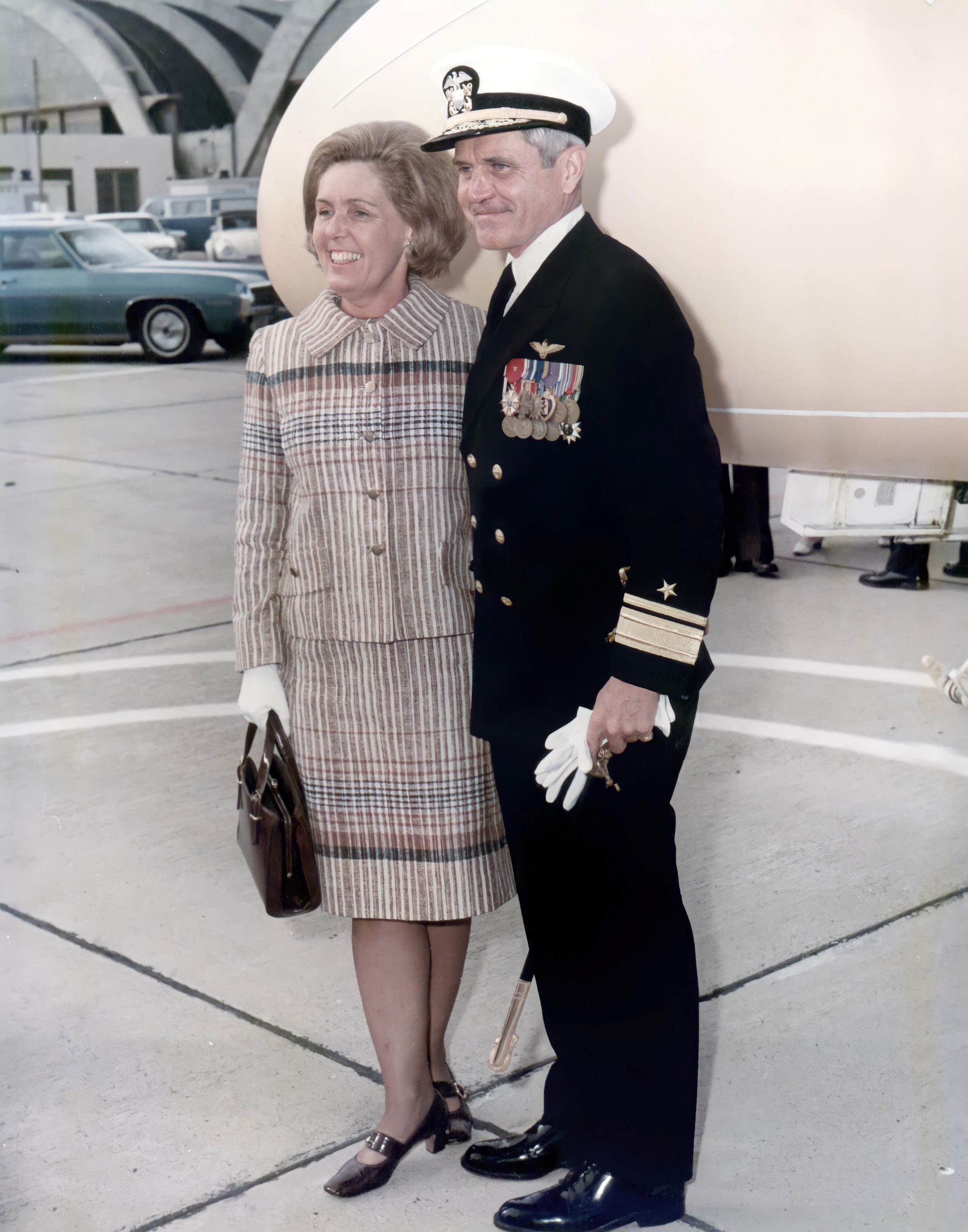
So, what’s the lasting legacy of Ross Perot? His unconventional approach to campaigning and his focus on issues like trade and fiscal responsibility changed the political landscape.
Influence on Future Elections
Perot’s campaign paved the way for future candidates who sought to challenge the status quo. His use of media and direct communication with voters set a precedent that many have followed since.
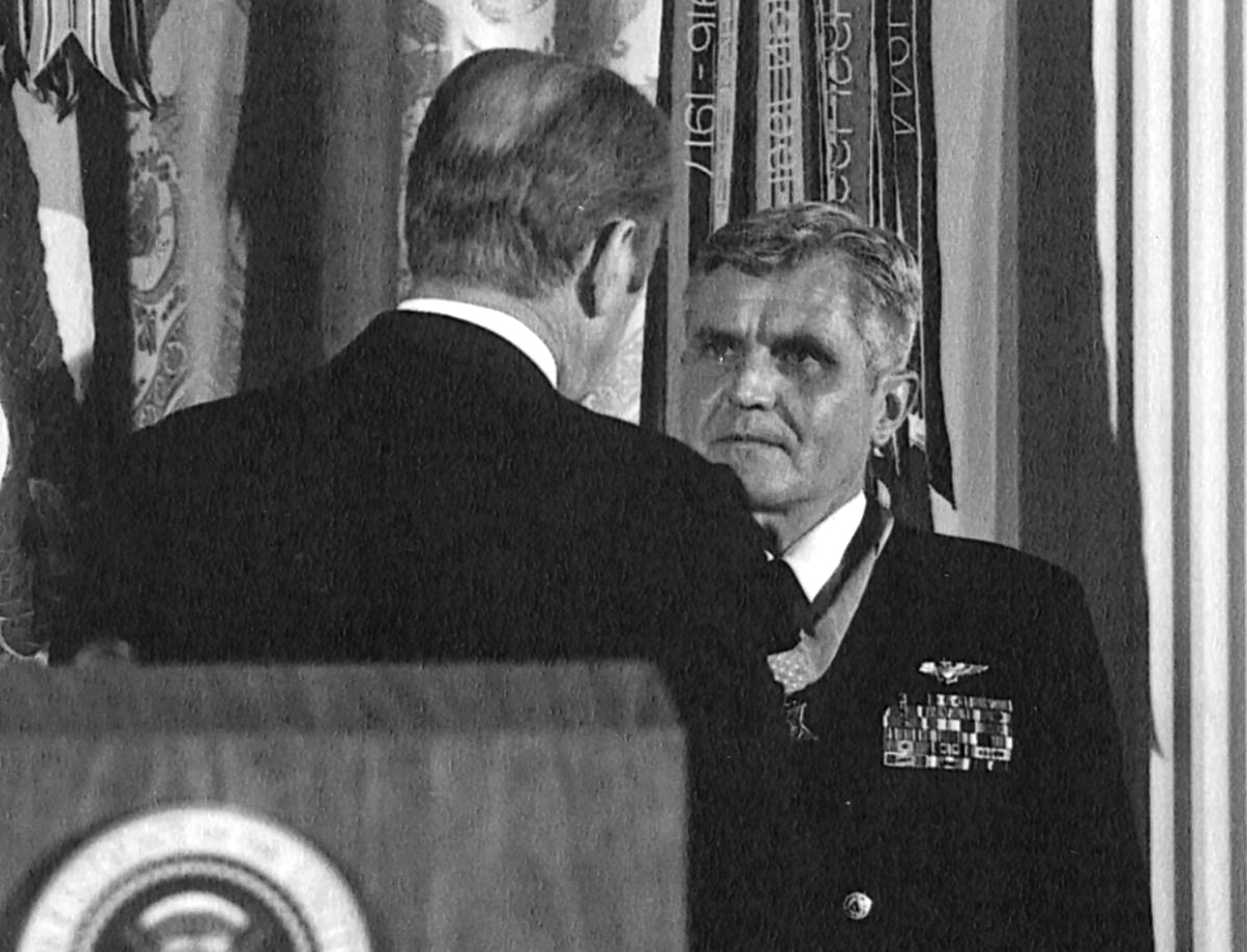
In conclusion, Ross Perot’s campaign was a unique chapter in American politics. His unconventional methods, bold policies, and the memorable presence of James Stockdale left an indelible mark on the electoral process. Whether you loved him or hated him, you couldn’t ignore him.
Table: Key Takeaways from Ross Perot’s Campaign

| Aspect | Details |
|---|---|
| Campaign Style | Infomercial-style advertisements |
| Key Policies | Opposition to NAFTA, fiscal responsibility |
| Vice Presidential Pick | James Stockdale |
| Popular Vote Percentage | 18.9% |
| Legacy | Influenced future third-party candidates |
So, what do you think? Did Ross Perot change the game for good? Let us know your thoughts!

